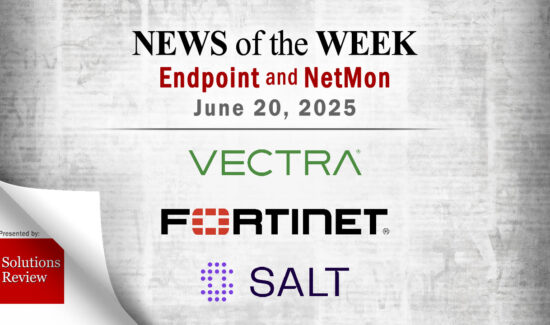4 Vendors Named to the Gartner Cool Vendors in IoT Security, 2018 Report


Technology research firm Gartner just released their Cool Vendors in IoT Security, 2018 report. This report selects vendors to recognize emerging trends in the IoT security marketplace—which they project to grow into a $457 billion industry in two years.
Gartner said in its report: “Design of secure end-to-end IoT deployments starts with building security into IoT devices. IoT security has to be built in at the design and manufacture time to be effective, not bolt-on after deployment. Especially in heavily regulated industries, such as automotive and healthcare, demand is increasing for built-in IoT security.”
The 4 Vendors Named to the Gartner Cool Vendors in IoT Security, 2018 report, are:
ASIMILY is a healthcare and medical device management platform and is primarily focused on incident monitoring, remediation, and prevention, device relationships, and contextual risk management. Healthcare has been a field deeply concerned about IoT security and hackers’ ability to influence lifesaving medical devices. The vendor is based out of California.
CUJO AI is an artificial intelligence solution provider for network operators and home users. They offer modular SaaS platforms and cross-spectrum integration for LAN and mobile—vital tools in endpoint security. CUJO AI has offices around the world.
Fortanix is another California native, oriented to runtime encryptions built on Intel SGX to provide security to the public cloud and remote clouds. Devices connect to both types of cloud, which can open security holes if they are not encrypted. The vendor was founded in 2016.
Karamba Security is an end-to-end automotive cybersecurity prevention solution provider based in Michigan, Israel, and Japan. They offer deterministic controls and hardening for IoT devices.
The IoT continues to be one of the most anxiety-producing concerns in the cybersecurity field. IoT devices continue to expand their presence in enterprise networks with incredible growth, yet they are generally manufactured with virtually no internal cybersecurity protocols. Furthermore, they can be hard to update if they do carry endpoint security, creating security holes that can be difficult to both detect and close without an adequate solution.
You can download the full report here.




















